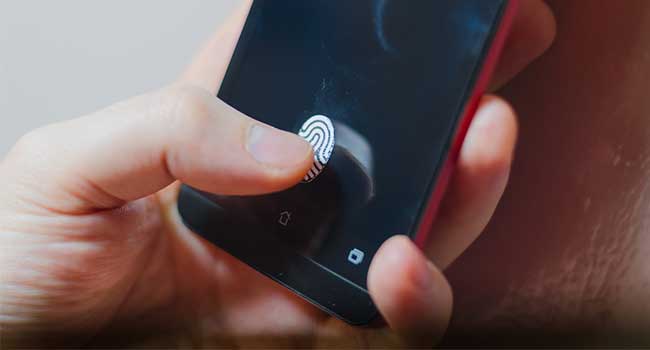
New Samsung Galaxy Fingerprint System the First to Achieve FIDO Biometric Certification
Samsung’s new “in-display” Ultrasonic Fingerprint system certified by FIDO Alliance as meeting globally recognized standards for biometric recognition performance and Presentation Attack Detection (PAD)
The Samsung Galaxy S10 and S10+ smartphones are the first to feature certification from the FIDO Alliance's new Biometric Component Certification Program, according to a press release. This certification validates that the new in-display fingerprint recognition system meets industry standards for user verification and detecting presentation of attacks.
“As mobile devices increasingly become our primary means of storing sensitive information and conducting critical transactions, the industry leaders in FIDO Alliance have determined the market needs a standard-based means to assess the efficacy of biometric certification components—which is why we recently launched our Biometric Component Certification Program,” said Brett McDowell, Executive Director of FIDO Alliance. “By being first to market with FIDO Alliance biometric component certification for their new line of Galaxy devices, Samsung is positioning the Galaxy S10 and S10+ as the industry best practice for biometric-enabled devices, while at the same time validating the necessity of our program to provide this important benchmark to the marketplace."
The FIDO Alliance was developed to fill the gap in the market, which previously required biometric vendors to repeatedly prove performance for each customer. This ability to test and certify a biometric system only once results in substantial time and cost savings for vendors and gives customers a standardized way to trust the b biometric systems they are relying upon for fingerprint, iris, face and/or voice recognition.
The program utilizes accredited independent labs to certify that biometric subcomponents meet globally recognized performance standards for biometric recognition performance and Presentation Attack Detection (PAD).
"Protection of customers' data and privacy on our devices is of utmost importance to Samsung, which is why we went through the FIDO Biometric Component Certification Program,” said Henry Jong-Hyeon Lee, SVP and Head of Mobile Security Technologies Group, IT & Mobile Communications Division, Samsung Electronics. “We are very pleased to be the first device manufacturer to have qualified and completed the program, which provides the industry with a strong baseline to assess performance of biometric authentication components.”
The Biometric Component Certification Program is open to all biometric authenticator subcomponents. Those vendors who achieve certification receive Biometric Subcomponent Certification to show they have passed the well-defend testing administered by the FIDO Alliance and accredited labs.
“The FIDO Alliance Biometric Component Certification program fills an important gap in our industry as biometrics expand out of the enterprise and government marketplace into the mainstream consumer electronics marketplace,” said Dr. Kevin Wilson of iBeta. “We are very pleased to be the first accredited lab to perform biometric certification assessments under this program.”